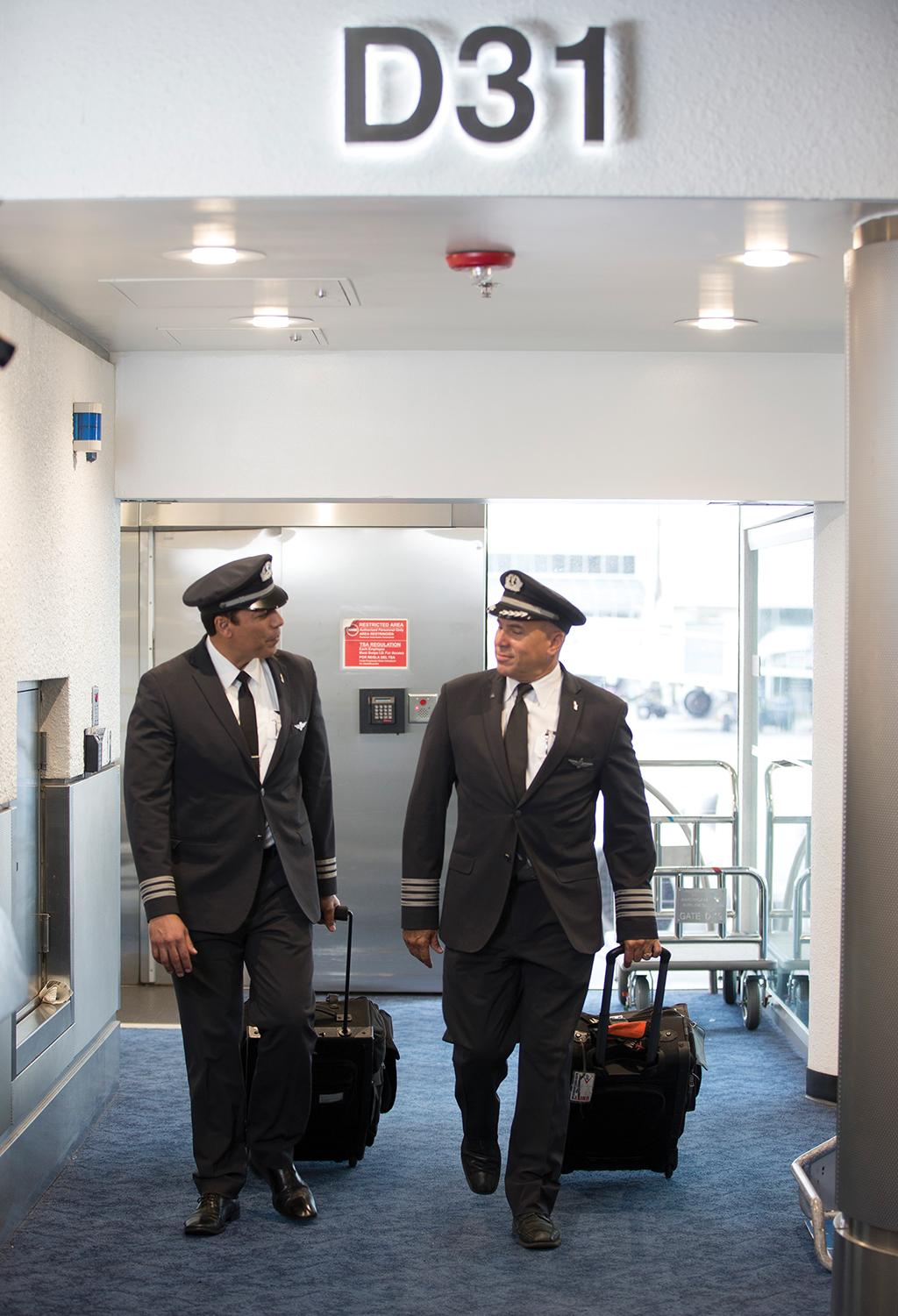ANALYSIS: If Federal Aid Lapses, US Airlines Will Furlough 40,000 Workers

As the 2020 summer drew to a close, the US unemployment rate hovered at just over 8% and some 13.6 million people were involuntarily out of work. US carriers, by contrast, had managed to avoid involuntary furloughs or layoffs thanks to the federal government’s $25 billion payroll support program (PSP), which funded airline labor costs in exchange for job protections through Sept. 30.
By the second week of September, and with the US still posting the world’s highest number of COVID-19 cases and deaths, demand for air travel was still at only around 30% of 2019’s level. The industry consensus is that domestic traffic will struggle to advance beyond 50% until a COVID-19 vaccine becomes widely available, particularly given the moribund state of corporate and business travel, which, like international travel, are down more than 90% year-on-year.
Labor unions spent the weeks leading into September sounding the alarm about the coming deadline and urging Congress and the administration to extend the PSP until March 1, 2021. Despite bipartisan appeal, however, talks of a renewal have been held up by gridlock in negotiations toward another round of general economic stimulus.
The upshot is that Oct. 1 looked increasingly like what JetBlue Airways CEO Robin Hayes described as a “day of reckoning,” with US carriers trimming back their schedules and capacity for the fall and winter seasons. They also began preparations for taking out US city destinations they could no longer afford to serve without the PSP guarantee and for trimming staff.
Altogether, US passenger carriers plan to collectively furlough around 40,000 employees on Oct. 1 or soon after, with American Airlines and United Airlines accounting for more than 80% of the total cuts.
Those planned reductions come in addition to tens of thousands of workers who already volunteered to leave their jobs, either temporarily or permanently.
In some cases, individual workgroups successfully negotiated short-term job protections with their management teams in exchange for concessions like pay rate or schedule reductions, as was the case for pilots at Alaska Airlines, JetBlue Airways and Spirit Airlines.
Still, the voluntary measures won’t be enough to avoid the need to downsize across the industry, unless additional aid is secured.
“We are doing everything we can to keep our companies afloat,” Airlines for America (A4A) president and CEO Nicholas Calio told reporters. “People talk about the situation being dire. It is dire. Right now, we’re fighting for survival. Make no bones about it.”
A provision of the US CARES Act, the financial aid program of which the PSP was part, required airlines to maintain service to all destinations in their pre-pandemic networks, with a few exceptions. If the PSP lapses, carriers will be free to trim unprofitable flying as they see fit across their networks, which will benefit their bottom lines while potentially jeopardizing connectivity for small communities.
A4A does not expect US domestic air travel to recover to 2019 levels until 2024, in line with the global forecast from IATA. That means the US airline industry will inevitably need to trim its ranks to adjust to the new demand picture for the next several years.
Congress has a tendency to put off passing major spending packages until the last possible minute, and Sara Nelson, international president of the Association of Flight Attendants-CWA and a leading labor figure, said it was not a case of lack of congressional support for a PSP extension, merely a matter of finding a legislative route.
Nonetheless, airlines require time and certainty to plan their flying schedules and networks in advance, meaning staffing and service changes made in August and September will be increasingly difficult to undo.
For the tens of thousands of airline workers who already accepted voluntary furloughs and early-out arrangements across the industry, it is already a moot point. For hundreds of thousands workers at non-US airlines who had no PSP safety net, the collective sigh will be, “welcome to our world.”




